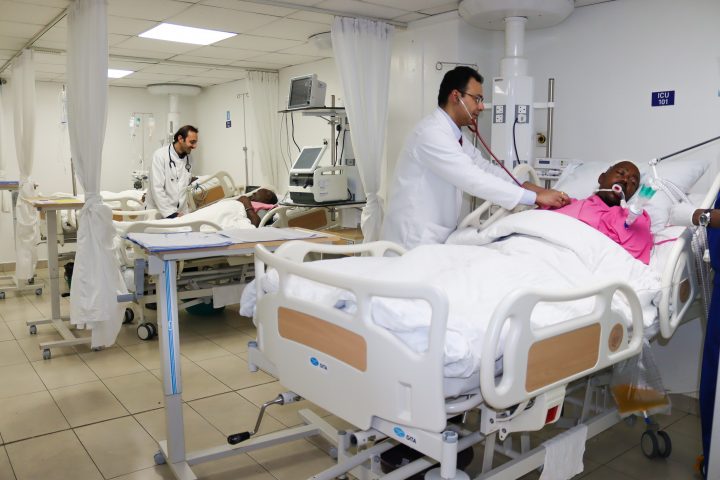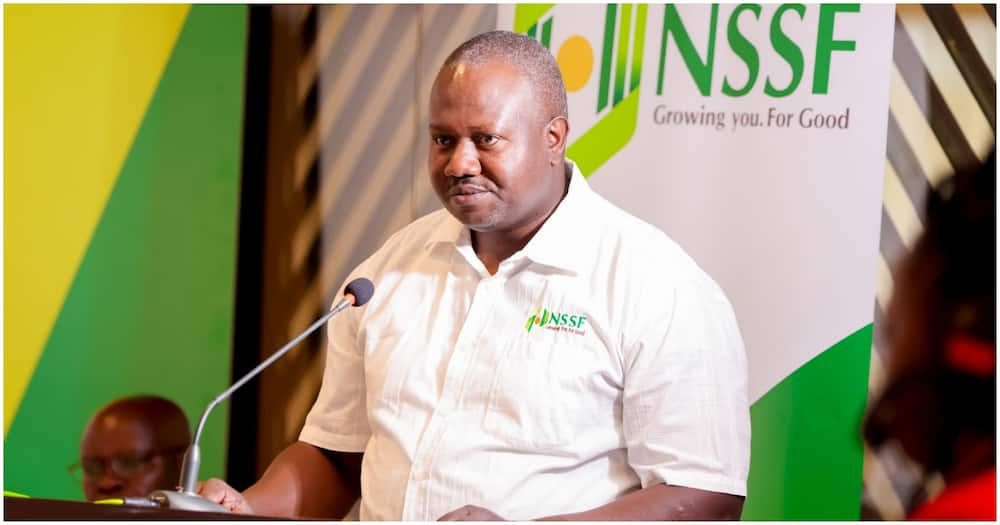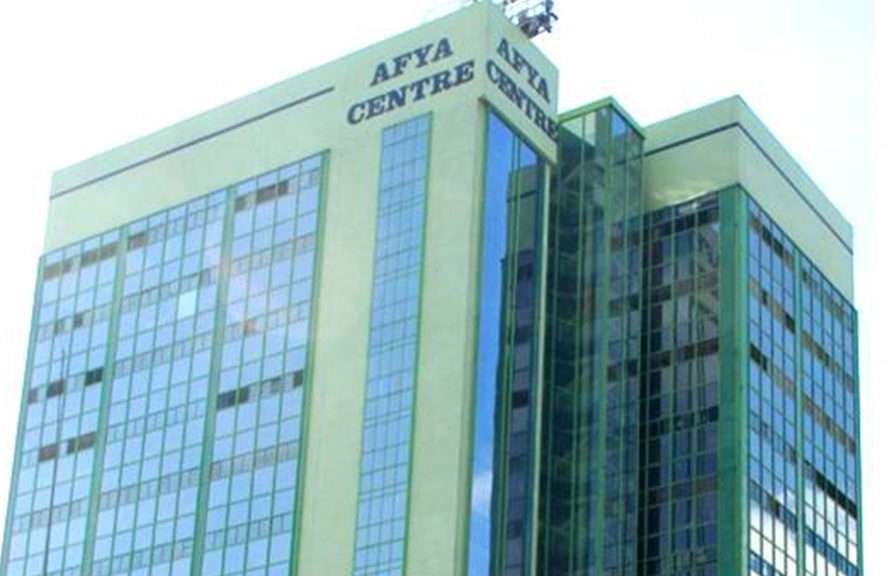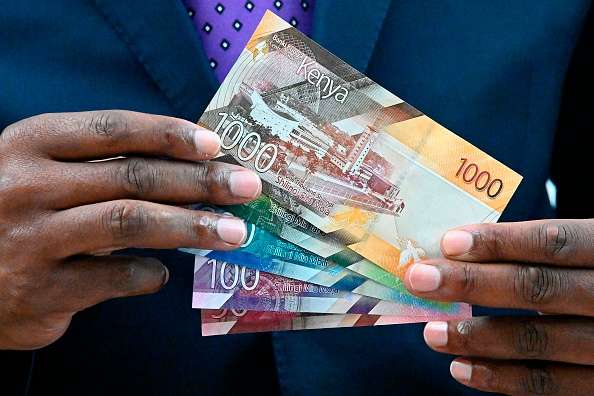TWV Investigations Desk
Kenya has become the unlikely epicentre of an international human organ trafficking ring, with damning revelations emerging from a Ministry of Health report that links the country’s booming transplant industry to a web of foreign interests, regulatory failures, and alleged medical malpractice.
To unlock the full article:
Choose one of the options below:
- Ksh 10 – This article only
- Ksh 300 – Monthly subscription
- Ksh 2340 – Yearly subscription (10% off)
At the heart of the scandal is Mediheal Hospital, chaired by former MP Dr Mishra Swarup, which the government-appointed taskforce accuses of facilitating an unethical and potentially criminal kidney transplant network involving desperate patients from as far afield as Israel, Switzerland, Kazakhstan, and Uzbekistan.
According to the findings of the committee, chaired by renowned medical researcher Dr Elizabeth Bukusi, many of the Israeli recipients obtained kidneys from donors flown in from Azerbaijan, while others were sourced from impoverished regions in Kenya, such as Nyanza and the Rift Valley, as well as the Democratic Republic of Congo (DRC) and Burundi.
While the donation of human organs for monetary compensation is strictly illegal in Kenya, the report reveals that donors were paid for their kidneys, and records were routinely falsified to disguise the transactions.
“The patient files submitted to the Committee and the list of transplant patients presented at the Mediheal Hospital premises during the Committee’s visit had marked discrepancies. The list of patient names, dates of surgery, and nationalities kept differing, including duplications of donor names and different recipients, raising suspicion on document tampering,” the report states.
Most alarming is the report’s conclusion that Israel stands out as the top recipient destination, with a disproportionately high number of Israeli patients and a conspicuous absence of Israeli donors. This, it says, underscores “a persistent outbound movement of kidneys from Kenya towards Israel”, raising profound ethical and legal questions.
Between 2018 and March 2025, Mediheal hospitals across Kenya reportedly carried out 476 kidney transplants using an estimated 300 expatriate surgeons and support staff from India.
Among Israeli recipients, 50 were male and only eight were female, an overwhelming gender bias that suggests Israeli men are benefitting disproportionately from organs harvested abroad, while contributing nothing to the donor pool.
Similarly, Azerbaijani donors exhibited an extreme male bias, with 43 male donors and only seven female, an 88% male dominance. The trend of male-dominated donor statistics was also seen in Kenya (78% male donors), highlighting a systemic pattern of recruitment.
A breakdown of donor nephrectomies by nationality paints an even darker picture:
- Kenyans: 52.97%
- Unknown: 22.19%
- DRC: 14.95%
- Azerbaijan: 10.99%
- Uganda: 3.07%
- Somalia
- Israel: 2.20%
- Burundi: 1.32%
- Ethiopia: 0.88%
- Kazakhstan/Tanzania: 0.66%
- Uzbekistan: 0.44%
- USA/Kyrgyzstan/South Sudan: 0.22%
The report concludes that Mediheal has become a transplant tourism hub with foreign patients, especially Israelis, being prioritised. It also warns that the lab testing Kenyan samples in India is not registered with the Kenya Medical Laboratory Technicians and Technologists Board (KMLTTB). “These labs lacked oversight, quality assurance, and regulatory accreditation, raising concerns of falsified results and misuse of samples,” it says.
An MOU signed between Mediheal and India’s SRL Limited on 27th July 2022 allows indefinite export of Kenyan biological samples with no clear safeguards. This, according to investigators, could open the door to grave ethical breaches.
The committee also flagged irregular NHIF payments for Somali nationals, raising concerns of public funds being used to finance potentially illegal transplants. These concerns were backed by Somali passport documents found in patient files linked to NHIF reimbursements.
The report paints a damning portrait of a facility operating beyond the limits of professional and legal accountability, with the cost of transplants fluctuating widely based on the patient’s nationality. Foreign patients make up 18.6% of Mediheal’s client base, compared to virtually zero in other facilities, with Israeli nationals forming the largest group at 62 patients, followed by Ugandans at 14.
With elderly patients suffering from multiple co-morbidities allegedly subjected to surgery in breach of international protocols, and Kenyan samples exported without approval, the question remains: how deep does this rabbit hole go?
Calls for a criminal probe, parliamentary intervention and international oversight are mounting. The Ministry of Health must now confront the uncomfortable truth: Kenya’s name has been dragged into a global transplant trade, and Mediheal stands accused of being its most active gateway.
[/full]




